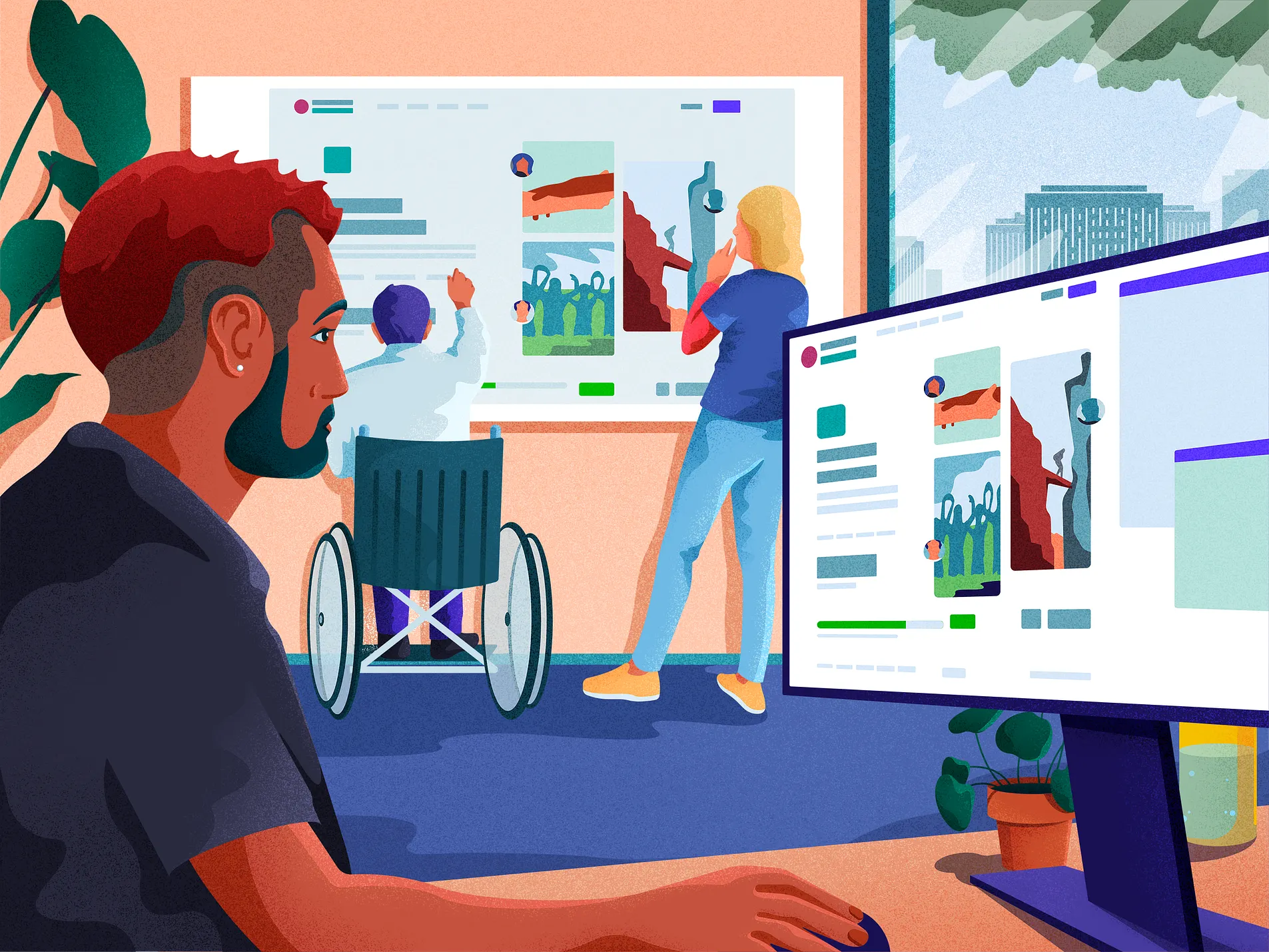
Newsletter Subscribe
Enter your email address below and subscribe to our newsletter

Enter your email address below and subscribe to our newsletter

Let’s talk about something that’s been making waves in the world of work: flexible work arrangements. If you’ve noticed that the old 9-to-5 grind is shifting, you’re not alone. More and more companies are realizing how important it is to offer flexibility to their employees. So, what’s all the fuss about? Let’s dive into what flexible work arrangements really mean and why they’re so crucial in today’s workplace.
At their core, flexible work arrangements give employees the freedom to choose how and when they work. This could mean working from home, adjusting work hours to fit personal schedules, or even job sharing. The idea is to create a work environment that adapts to the diverse needs of the workforce.
1. **Better Work-Life Balance**:
One of the biggest perks of flexible work is that it helps people juggle their personal and professional lives. Need to pick up the kids from school or attend a midday appointment? With flexible hours, you can do that without feeling guilty or stressed. This balance leads to happier employees who are more engaged in their work.
2. **Boost in Productivity**:
You might think that letting employees work from anywhere or at odd hours could lead to distractions, but the opposite is often true! Many people actually find they get more done when they can choose their environment and hours. Whether it’s a quiet home office or a bustling café, flexibility can supercharge productivity.
3. **Attracting Top Talent**:
In today’s job market, offering flexible work arrangements can set your company apart. Many job seekers, especially younger generations, are looking for workplaces that prioritize flexibility. By offering these options, companies can draw in the best talent and keep them around longer.
4. **Diversity and Inclusion**:
Flexible work isn’t just about convenience; it’s also about creating a more inclusive workplace. For employees with disabilities, caregiving responsibilities, or other unique needs, flexible arrangements can make all the difference. This kind of inclusivity helps foster creativity and innovation among teams.
5. **Cost Savings**:
Let’s not forget about the financial side of things! Employers can save on overhead costs like office space and utilities when employees work remotely. Plus, the ability to hire talent from anywhere means you can find the right fit without geographical limitations.
6. **Adaptability to Change**:
The recent pandemic has shown us just how important it is to be adaptable. Companies that had flexible work arrangements in place were much better equipped to handle the sudden shift to remote work. Being flexible means being ready for whatever comes next.
If you’re thinking about implementing flexible work arrangements in your organization, here are a few tips:
**Listen to Your Employees**:
Start by asking your team what they need. A simple survey or a casual chat can provide valuable insights into what flexibility looks like for them.
**Set Clear Guidelines**:
It’s important to have clear policies in place. Outline expectations, communication methods, and how performance will be measured to keep everyone on the same page.
**Build a Trusting Culture**:
Encourage a culture of trust where employees feel empowered to manage their own schedules. Regular check-ins can help maintain strong connections and accountability.
**Invest in the Right Tools**:
Make sure your team has the technology they need to work efficiently, whether they’re in the office or at home. To get the info about top Feedack Management tools, head over to this article: Top Feedback Tools to Amp Up Your Wellness Program
Flexible work arrangements are more than just a nice perk—they’re essential for creating a thriving workplace. By prioritizing flexibility, companies can boost employee satisfaction, enhance productivity, and foster a more inclusive environment. As the way we work continues to evolve, embracing flexibility will be key to long-term success in our ever-changing world. So, what do you think? Ready to embrace the future of work?